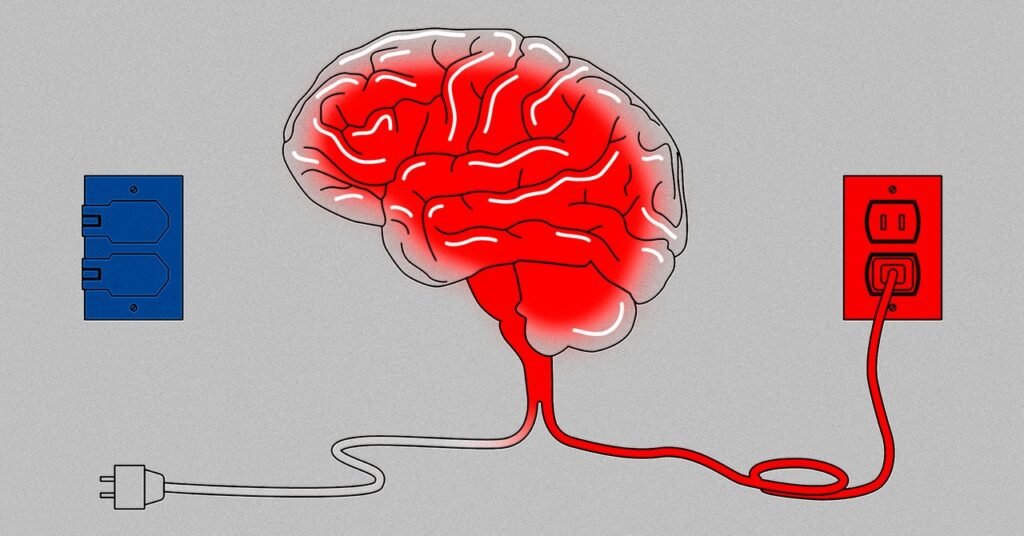“A course of known as reinforcement studying from human suggestions is used proper now in each state-of-the-art mannequin,” to fine-tune its responses, Baum says. Most AI corporations goal to create programs that seem impartial. If the people steering the AI see an uptick of right-wing content material however choose it to be unsafe or improper, they may undo any try and feed the machine a sure perspective.
OpenAI spokesperson Kayla Wooden says that in pursuit of AI fashions that “deeply symbolize all cultures, industries, ideologies, and languages” the corporate makes use of broad collections of coaching information. “Anybody sector—together with information—and any single information web site is a tiny slice of the general coaching information, and doesn’t have a measurable impact on the mannequin’s meant studying and output,” she says.
Rights Fights
The disconnect during which information websites block AI crawlers might additionally mirror an ideological divide on copyright. The New York Occasions is at present suing OpenAI for copyright infringement, arguing that the AI upstart’s information assortment is against the law. Different leaders in mainstream media additionally view this scraping as theft. Condé Nast CEO Roger Lynch not too long ago said at a Senate hearing that many AI instruments have been constructed with “stolen items.” (WIRED is owned by Condé Nast.) Proper-wing media bosses have been largely absent from the controversy. Maybe they quietly permit information scraping as a result of they endorse the argument that information scraping to construct AI instruments is protected by the honest use doctrine?
For a few the 9 right-wing shops contacted by WIRED to ask why they permitted AI scrapers, their responses pointed to a unique, much less ideological motive. The Washington Examiner didn’t reply to questions on its intentions however started blocking OpenAI’s GPTBot inside 48 hours of WIRED’s request, suggesting that it might not have beforehand recognized about or prioritized the choice to dam internet crawlers.
In the meantime, the Every day Caller admitted that its permissiveness towards AI crawlers had been a easy mistake. “We don’t endorse bots stealing our property. This should have been an oversight, nevertheless it’s being fastened now,” says Every day Caller cofounder and writer Neil Patel.
Proper-wing media is influential, and notably savvy at leveraging social media platforms like Fb to share articles. However shops just like the Washington Examiner and the Every day Caller are small and lean in comparison with institution media behemoths like The New York Occasions, which have in depth technical groups.
Knowledge journalist Ben Welsh retains a working tally of stories web sites blocking AI crawlers from OpenAI, Google, and the nonprofit Frequent Crawl challenge whose information is broadly utilized in AI. His outcomes discovered that approximately 53 percent of the 1,156 media publishers surveyed block a type of three bots. His pattern measurement is far bigger than Originality AI’s and consists of smaller and fewer widespread information websites, suggesting shops with bigger staffs and better visitors usually tend to block AI bots, maybe due to higher resourcing or technical data.
No less than one right-leaning information web site is contemplating the way it would possibly leverage the best way its mainstream opponents try to stonewall AI tasks to counter perceived political biases. “Our authorized phrases prohibit scraping, and we’re exploring new instruments to guard our IP. That mentioned, we’re additionally exploring methods to assist guarantee AI doesn’t find yourself with all the identical biases because the institution press,” Every day Wire spokesperson Jen Smith says. As of right now, GPTBot and different AI bots have been nonetheless free to scrape content material from the Every day Wire.

